British Prime Minister Keir Starmer has become the first European leader to express willingness to deploy peacekeeping troops in Ukraine, making the pledge ahead of an emergency summit in Paris to discuss Europe’s role in securing a ceasefire.
His remarks reflect a growing recognition among European nations that they may need to take on a greater responsibility for Ukraine’s security, as Washington continues negotiations with Russia independently to end the three-year conflict.
Swedish Prime Minister Ulf Kristersson stated on Monday that Sweden would consider contributing to a post-war peacekeeping mission in Ukraine, but stressed that further progress in negotiations would be required before any commitment could be made.
US President Donald Trump surprised Ukraine and European allies last week when he revealed he had spoken to Russian President Vladimir Putin without prior consultation, discussing potential steps towards ending the war.
That initiative is set to move forward this week with talks in Saudi Arabia between US and Russian officials.
Trump’s Ukraine envoy, Keith Kellogg, said on Saturday that Europe would not be included in the negotiations. Washington has instead circulated a questionnaire to European capitals, asking what they could contribute to Ukraine’s security guarantees.
At Monday’s summit in Paris, President Emmanuel Macron was set to host leaders from Germany, Italy, Britain, Poland, Spain, the Netherlands, and Denmark, which will represent the Baltic and Scandinavian nations, alongside European Union officials and NATO Secretary General Mark Rutte.
A French presidency official stated that discussions would focus on "the security guarantees that can be given by the Europeans and the Americans, together or separately," with peacekeeping forces being one aspect of those guarantees.
Starmer, who is expected to visit Washington next week for talks with Trump, said on Sunday that Europe was facing a "once-in-a-generation moment" for the continent’s collective security and must work closely with the United States.
He affirmed that Britain was prepared to take a leading role in securing Ukraine’s future, including deploying "our own troops on the ground if necessary."
"The end of this war, when it comes, cannot merely become a temporary pause before Putin attacks again," he wrote in The Daily Telegraph.
The European meeting in Paris follows numerous similar summits where the 27-nation EU has struggled to present a unified strategy for resolving the Ukraine war. Although Britain is no longer an EU member, it has remained one of Ukraine’s most prominent supporters.
Europe urged to ‘do more, better’
A Ukrainian official told Reuters last week that, so far, only Britain and France had shown any willingness to send troops in the future. However, this position may be evolving.
On Monday, Sweden’s Kristersson acknowledged that there was "absolutely a possibility" of deploying peacekeeping forces.
"There needs to be a very clear mandate for those forces, and I don’t think we can see that until we have made further progress in negotiations," he said while attending a military exercise in Stockholm.
Deploying peacekeepers would raise the risk of direct confrontation with Russia and could strain European military resources, as many nations have depleted their arms supplies supporting Ukraine and are heavily reliant on US military assistance for large-scale operations.
The French presidency official stressed that Europe must "do more, better, and in a coherent manner for our collective security." However, some EU officials noted discontent over the Paris meeting not being held as a full EU summit.
According to the French presidency, the discussions in Paris will help shape future talks in Brussels and within NATO.
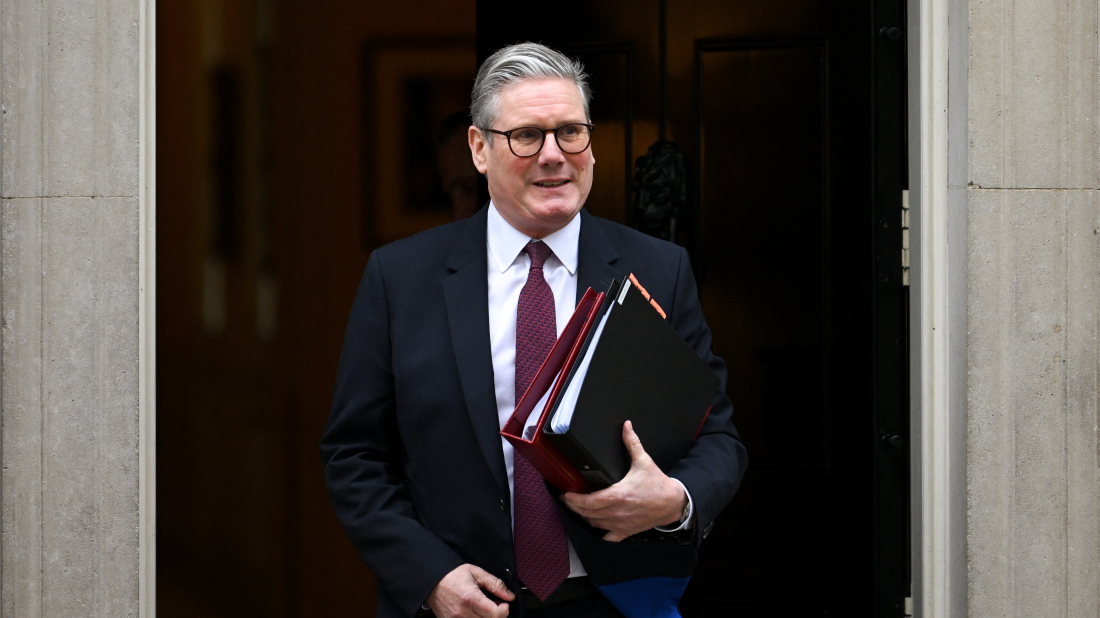
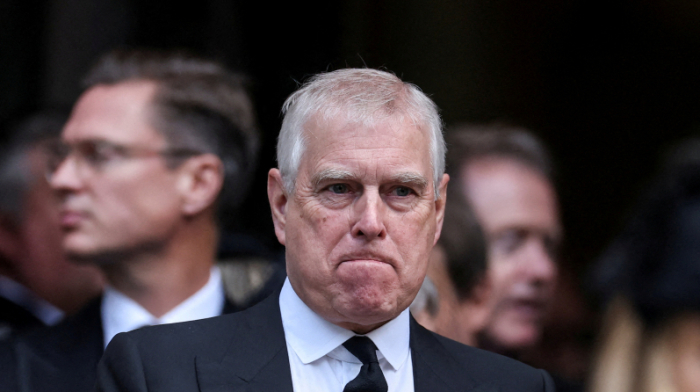
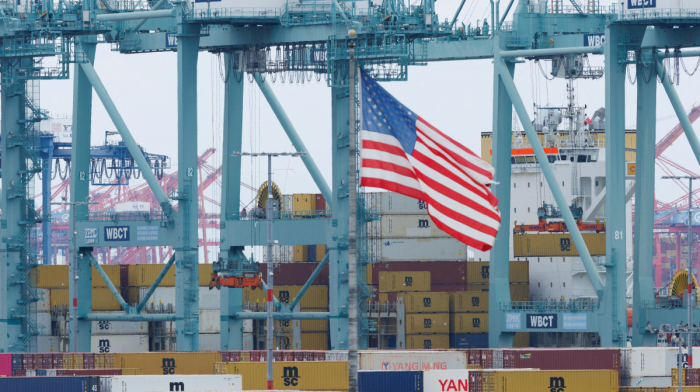
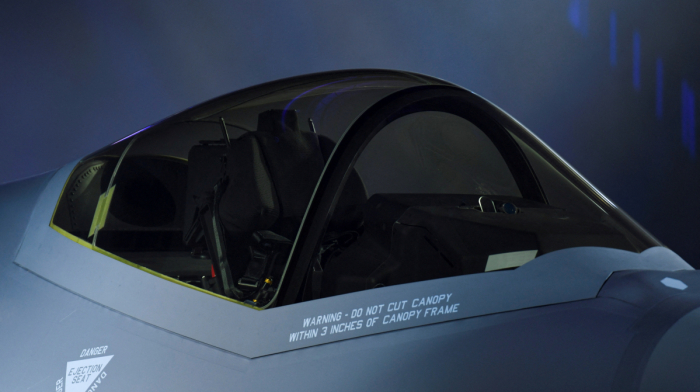
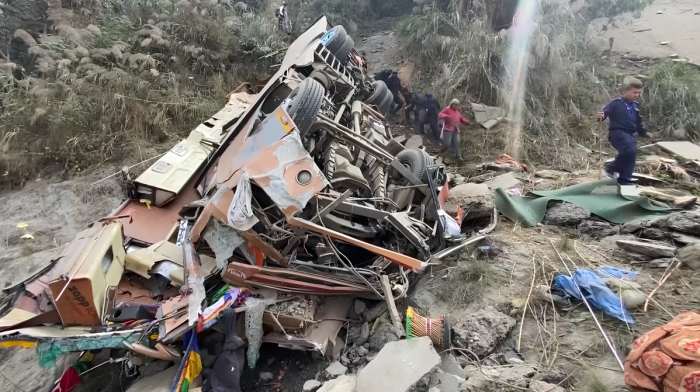
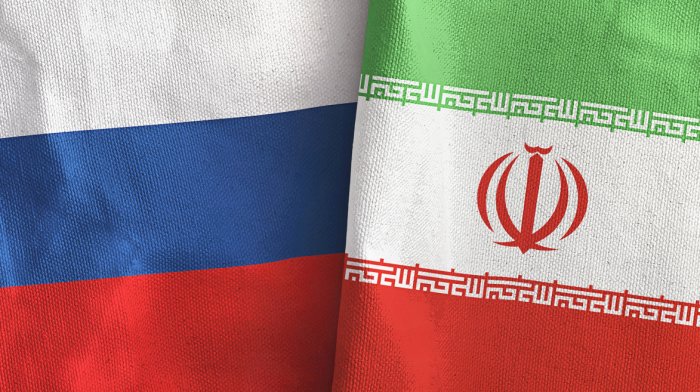

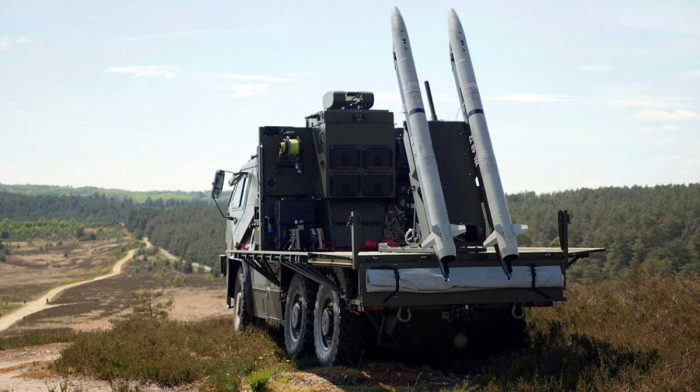
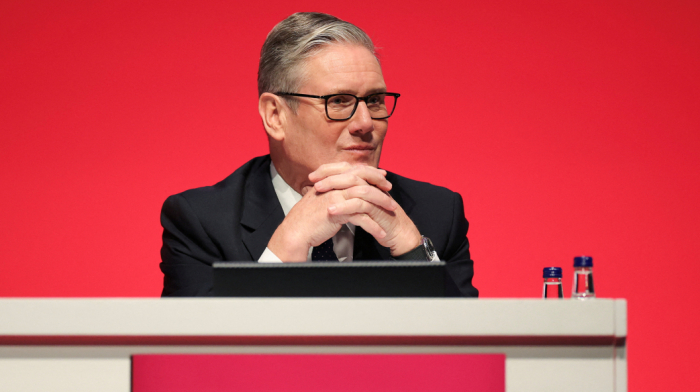
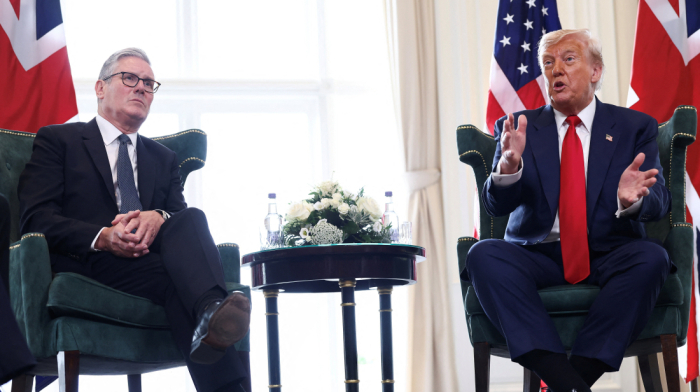
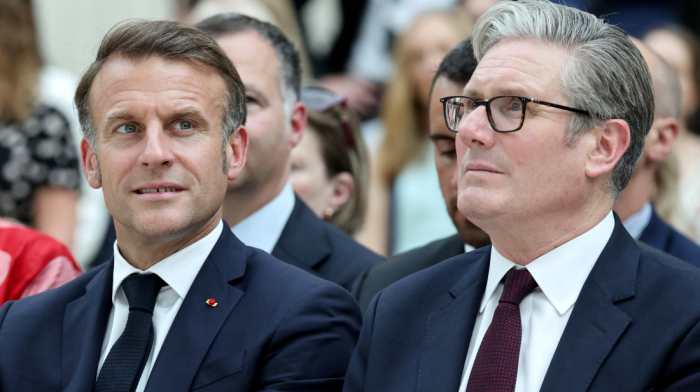
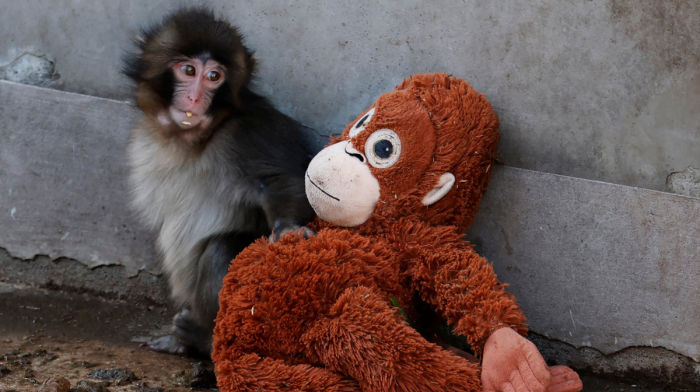
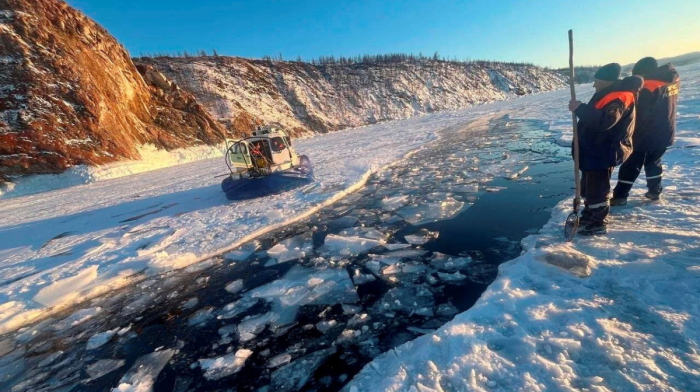
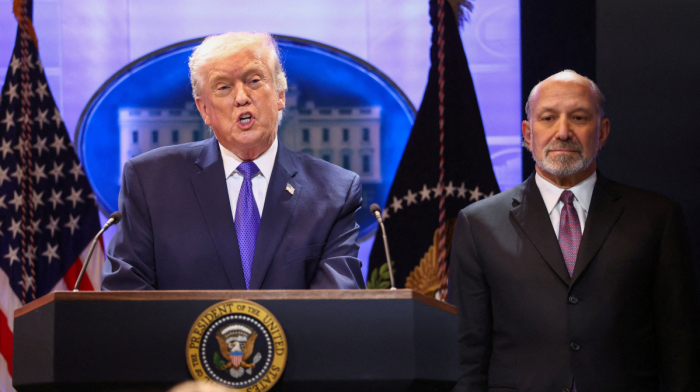
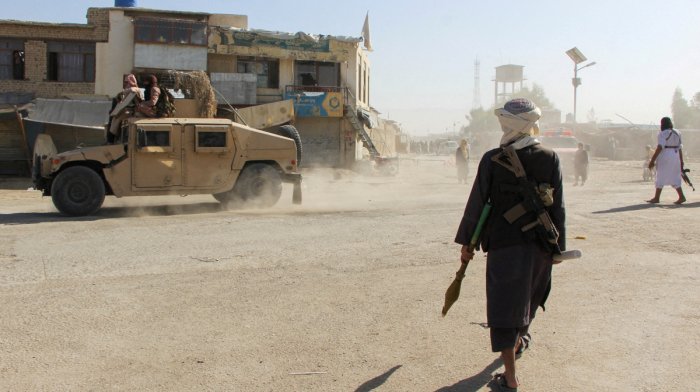
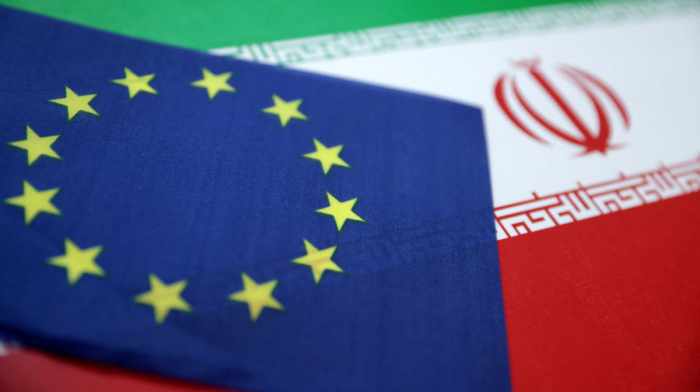
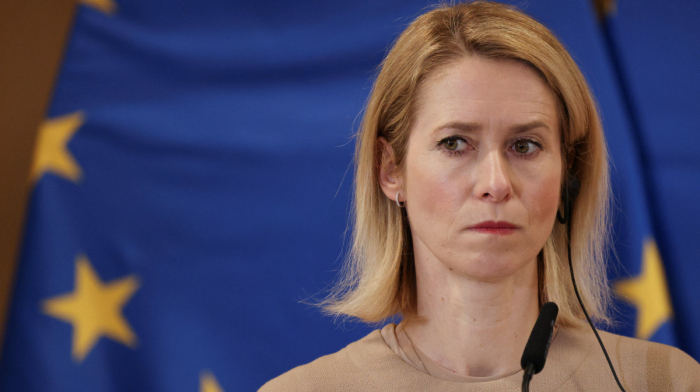



What is your opinion on this topic?
Leave the first comment